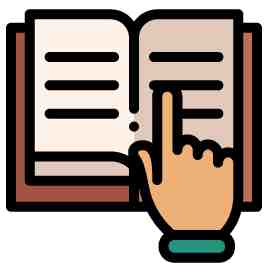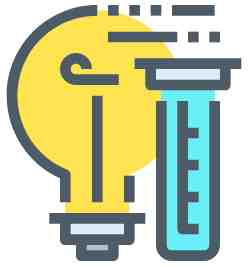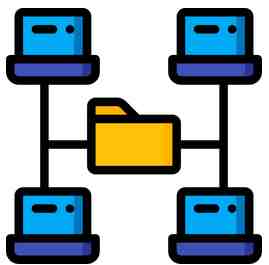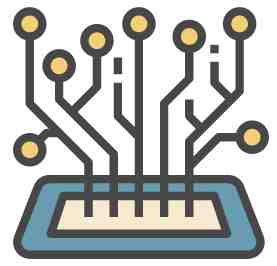Comparative
Shorts adjectives
Monosyllabic adjectives = long, short, big, fat, thing, good ...
2 syllables adjectives: clever, cheap
Long adjective
Adjectives with 3 syllables or more than 3 syllables are longs adjectives: ex/pen/sive, in/tel/ligent, comfortable.
When we compare 2 things, we use the comparative.
When we compare 3 things or more than 3 things, we use the superlative.
The comparative
AB= 20cm
BC= 30cm
Madame A is fat
Madame B is fatter than Madame A
These 2 shirts are expensive.
Shirt B is more expensive than shirt A
Famous: GRACE DECCA is famous, but Michael Jackson is more famous than GRACE DECCA.
Comfortable (a chair / an armchair): The armchair is more comfortable than the chair.
Intelligent (Peter 16/20; Paul 18/20): Paul is more intelligent than Peter.
The superlative
Short adjective
These women are fat. The fattest woman is Mme C
Book x is cheap; book y is cheap; book z is cheap. The cheapest book is z.
Shirt A is expensive, shirt B is also expensive. Shirt C is very expensive. The more expensive shirt is D
Irregular form of comparative
|
Adjective |
Comparative |
Superlative |
|
better |
the best |
|
bad |
worse |
the worst |
|
more |
the most |
|
far |
|
|
Remarks
- Comparative: we compare 2 things
- Superlative: we compare 3 things
- Some 2 syllables adjectives are short adjectives. The are adjectives ending in "y", "ow", "er"
- When the adjective end is "y" change "y" into "i" before add
Formation
Comparative
Short adjective
Adjective (er) + than
Long adjective
More + adjective + than
Superlative
Short adjective
The + adjective (est).
e.g.: The cheapest book this school year is the French grammar book
Long adjective
The most + adjective.
e.g.: The most expensive book this year is our technology book.
Somebody, something, anybody, nobody, nothing
Is there anybody at the door?
No, here is not anybody at the door
No is nobody at the door.
Is there anybody at the bottom of the class?
Yes there is somebody standing at the bottom of the class.
Something - anything
Ali- Is there anything in my hand?
Bella - No, there is not anything in your hand.
Bella - Is there anything in my bag?
Ntsam - Yes there is some thing in your bag. There is a maths book in your bag.
Remarks
- We use any(body, thing, where) in interrogation and negative sentence
- In affirmative sentence, we use some(body, where, thing)
- Not anybody: nobody
not anything: nothing
Not anywhere: nowhere
e.g.: I am not going anywhere : I am going nowhere




